Stefan Lorenz Sorgner – Euro-Transhumanism
Stefan Lorenz Sorgner contrasts his Euro-Transhumanism approach with “classical transhumanism”. Stefan will publish a book about this soon. There will be a larger interview section added soon.
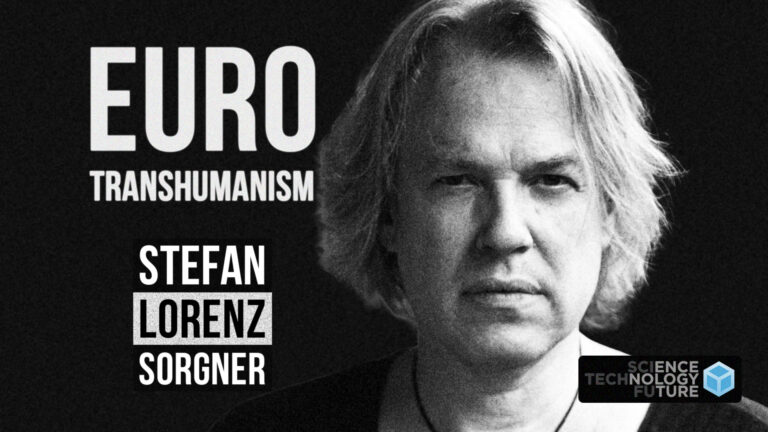
Stefan Lorenz Sorgner contrasts his Euro-Transhumanism approach with “classical transhumanism”. Stefan will publish a book about this soon. There will be a larger interview section added soon.
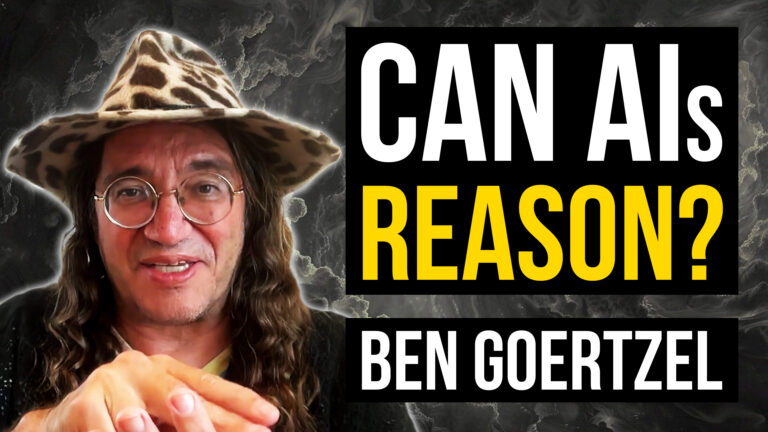
Can current AI really reason – or are large language models just clever parrots, skipping the “understanding” step humans rely on? In this interview, Ben Goertzel (founder of SingularityNET and OpenCog) digs into one of the most fascinating debates in AI today: he argues that there is a big difference between appearing to reason and…

Stelarc’s art suggests that humanity’s future lies not in holding onto the “natural” body, but in embracing its redesign. The body is contingent – a temporary configuration ripe for reinvention. “The idea of redesigning the body is something that’s come out from the perceived inadequacies in interacting with technology. So for me it’s not an…
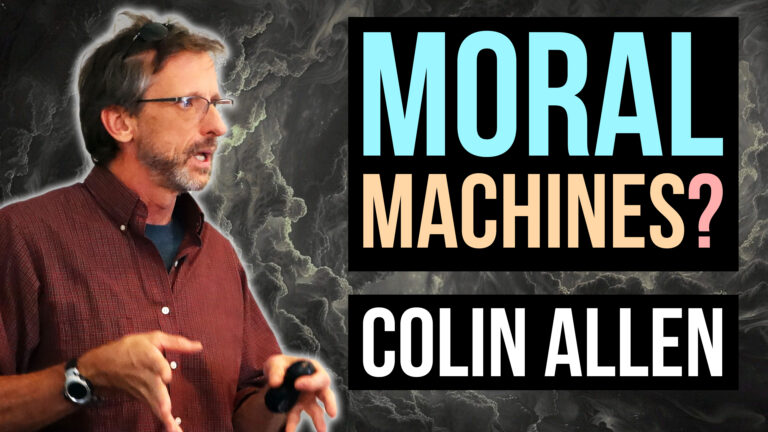
The Ethics of AI: Why We Need Moral Machines, Not Just Smart Ones In an era defined by rapid advancements in artificial intelligence, we often find ourselves wrestling with profound ethical questions. One of the most provocative of these is whether machines can, or should, be given a sense of morality. In this recent video…

In an era where artificial intelligence systems are increasingly tasked with decisions that carry ethical weight – from medical triage to autonomous weapons – the question of whether machines can authentically engage with morality has never been more pressing. To explore this issue, we turn to philosopher David Enoch, a leading advocate of moral realism…

In this interview Jeff Sebo discusses the ethical implications of artificial intelligence and why we must take the possibility of AI sentience seriously now. He explores challenges in measuring moral significance, the risks of dismissing AI as mere tools, and strategies to mitigate suffering in artificial systems. Drawing on themes from the paper ‘Taking AI…

In this short interview, Peter Singer, a renowned philosopher and ethicist widely recognized for his thought-provoking ideas about universal ethics, discusses the value of life, moral progress, population ethics (aka population axiology), the far future, the uncertainties inherent in philosophical reasoning, moral realism (objective normative truths) and ‘alternative facts’. Points covered:0:00 Intro 0:08 Moral progress…

Singular Learning Theory (SLT) is a novel mathematical framework that expands and improves upon traditional Statistical Learning theory using techniques from algebraic geometry, bayesian statistics, and statistical physics. It has great promise for the mathematical foundations of modern machine learning. Executive director at Timaeus – an AI safety research org working on Developmental Interpretability (also…
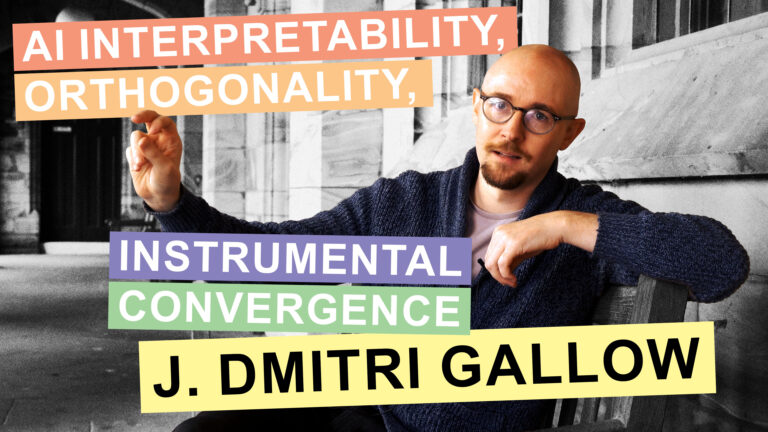
J. Dmitri Gallow discusses the principles of instrumental convergence and divergence in AI. The orthogonality thesis, which states intelligence and desire are independent, and the instrumental convergence thesis, which suggests intelligent beings will have similar instrumental desires, are critical concepts. Gallow’s argument focuses on the instrumental divergence, which emerges from the complexity and unpredictability of AI’s actions based on its desires.
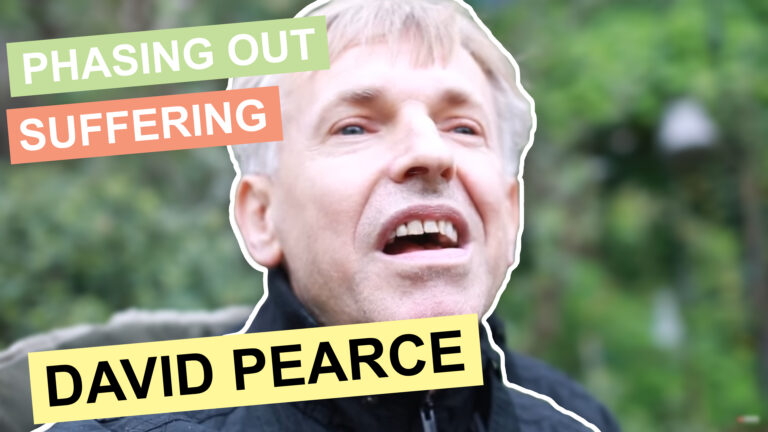
This interview was conducted in 2012 in San Francisco. In the future may will see it is not ethically responsible to play genetic roulette and instead take the decision to have happy, healthy, pro-social offspring. 0:00 Introduction0:36 Alleviating Suffering 7:00 Justified Suffering? 13:12 Buddhism 14:42 The World Transhumanist Association 22:35 Recalibration of Society or Biology?…